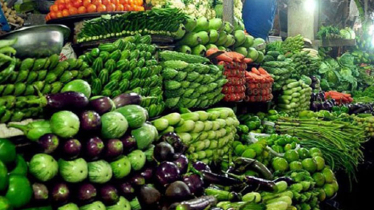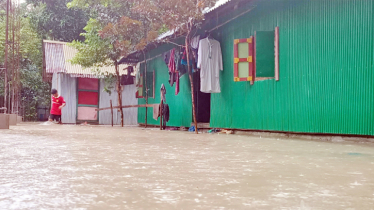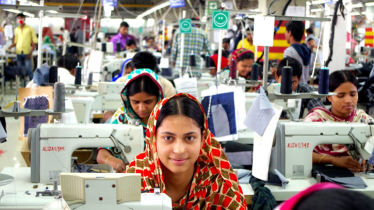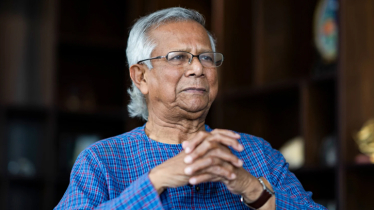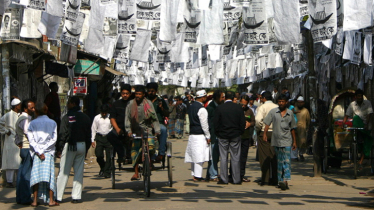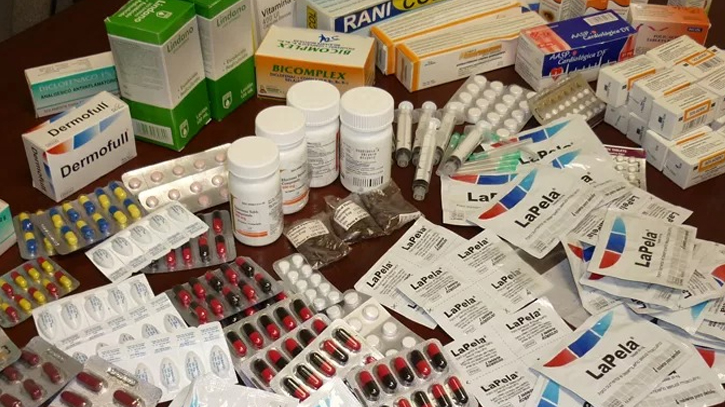
Photo: Collected
Medicine, an essential life-saving product upon which countless lives depend, has become increasingly precarious due to the rampant presence of fake, adulterated, and low-quality drugs in the market. This alarming situation poses a severe threat to public health and disrupts the delicate balance of the medical system. In our country where the pharmaceutical industry thrives and contributes significantly to the economy, the dichotomy between the global demand for medicines produced in Bangladesh and the domestic market’s struggle against adulterated counterfeit drugs is stark.
Bangladesh’s pharmaceutical sector has earned international acclaim with medicines from the country being exported to approximately 145 countries, including the United States – thereby generating substantial foreign exchange. Despite this global recognition, the local market paints a grim picture. Adulterated and fake medicines flood the domestic pharmaceutical landscape – thereby eroding the industry’s integrity and jeopardising the health and lives of unsuspecting patients. Statistics reveal an annual sale of adulterated and fake medicines in the domestic market amounting Tk 1.5 thousand crore. This alarming figure exposes the deep-rooted irregularities and corruption within the country’s medicine market.
The consequences of this sinister trade are dire. Patients unknowingly consume these substandard drugs, unwittingly prolonging their illnesses instead of recovering. Adulterated medicines not only endanger lives but also cause significant financial losses, emotional distress, and unnecessary suffering for consumers. It is not an exaggeration to label these counterfeit drugs as ‘death traps’.
Bangladesh can take a significant stride forward, ensuring the health and well-being of its citizens, and upholding the nation’s proud legacy. The battle against counterfeit drugs is not just a matter of public health but a tribute to the country’s commitment to the welfare of its people.
The existence of powerful syndicates behind the counterfeit drug trade further complicates the situation. Regular monitoring of the drug market is vital to prevent unscrupulous traders from selling substandard drugs openly. Equally important is the strict regulation of pharmaceutical factories to ensure that adulterated and fake medicines are not produced in the first place.
Furthermore, the appointment of registered pharmacists in pharmacies must be mandatory to uphold the quality and authenticity of medicines reaching consumers. It is essential to focus on enacting updated laws and their strict enforcement rather than relying solely on traditional anti-adulteration campaigns. The collective demand to halt the production and marketing of adulterated and fake medicines echoes throughout the masses.
Messenger/Fardin

